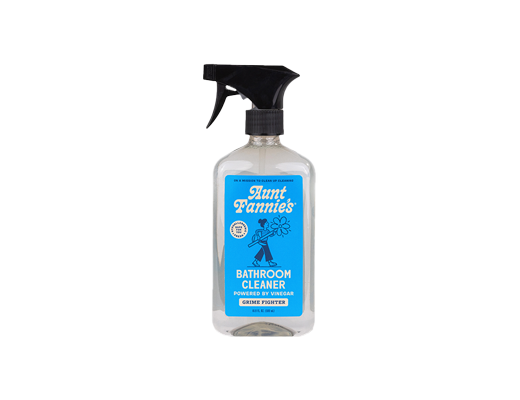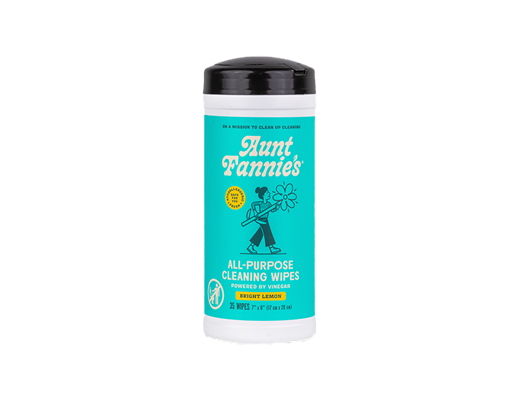Get some mental space by tending to your place. There is a connection between cleaning and self-care. Does a clean kitchen mean all is right in your world? Can scrubbing your bathroom de-stress better than a massage? Has sweeping felt like moving meditation?
The laissez-faire cleaners amongst us might say you’re lucky. Science would say you’re on to something.
The Psychological Benefits of a Clean Space
Living spaces are energetic extensions of ourselves. When our outer world is in order, our inner-world feels well-tended and nourished. Conversely, when our homes are dirty, disorganized, or in disarray, we can feel overwhelmed, ashamed, lethargic and anxious. A 2010 study published in Personality and Social Psychology Bulletin found that women who described their homes with phrases such as “cluttered” or “full of unfinished projects” were more likely to experience negative feelings of depression and fatigue than women who described their homes as “restful” or “restorative.” The researchers also found that women with cluttered homes had higher levels of cortisol, a direct clue that stress goes up when our messy home makes us feel down.
We know from experience that coming home to a sink full of dirty dishes or sitting down to a desk covered in papers and lipstick-stained coffee mugs makes it harder to concentrate on the things we truly want to accomplish, and studies have proven it so. Researchers at Princeton University found that living in a messy environment makes it much more difficult to focus on important tasks. Specifically, they found that the visual cortex can become easily distracted by irrelevant objects in our environments, therefore tripping up the brain’s ability to effectively allocate mindful attention to the task at hand. So clean up your place, and you just might find the mental space required to zen out and tune in.
The act of cleaning itself also has a positive phycological impact. Cleaning gives us a sense of control and accomplishment, which helps us better manage the ups and downs of life with a sense of resilience and self-confidence. Additionally, the simple activity and repetitive motions of washing dishes, mopping floors, or wiping down surfaces makes it easier for the mind to enter into a focused and meditative state, temporarily relieving momentary anxieties. In an October 2018 article published by VICE, Darby Saxbe, assistant professor of psychology at USC, said “[Cleaning] gives people a sense of mastery and control over their environment. Life is full of uncertainty and many situations are out of our hands, but at least we can assert our will on our living space.” If cleaning can lead to feeling in control of our personal destiny, count us in.
Cleaning Is Self-Care
At Aunt Fannie’s, we believe the trick to feeling good and being well on the regular lies in the small daily actions we can take to reclaim our health, our homes and our place in the world. Self-care is about micro-moments of self-preservation that help us restore and nourish ourselves, and it includes everything from meditating to making time for your favorite hobby. In a May 2018 article published in Psychology Today, self-care is defined as ‘the mindful taking [of] time to ensure that you are being cared for by you.’
If self-care truly is the micro, mindful self-preservation, then cleaning and tidying up can get added to your daily self-care toolkit. Taking time to cleanse your space creates an environment that feels restorative, restful, and peaceful. Ensuring that your space is free of excess clutter gives your home a calming atmosphere, where you can truly gain the mental space to either relax or unwind. (And conversely, to focus on completing projects that will enrich your life.) Furthermore, the act of cleaning also has a calming, pacifying effect on the busy and anxious mind, leading to a sense of accomplishment and pride.
Back to all posts

